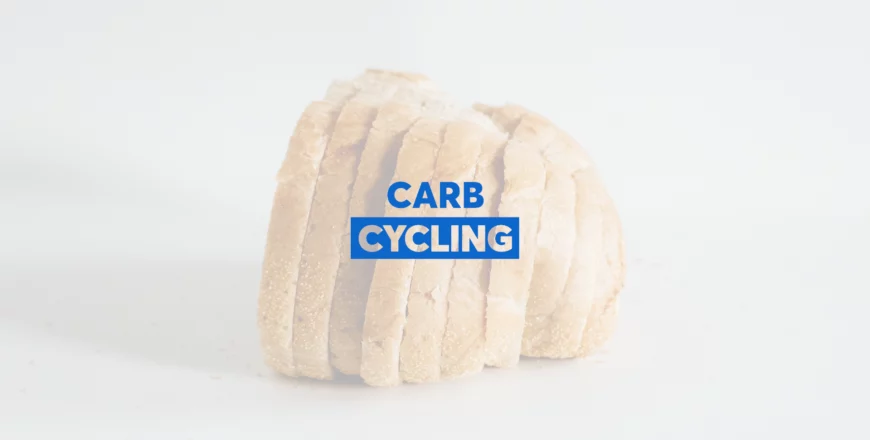
Course 29: Carb cycling
- Description
- Curriculum
- FAQ
- Reviews

Course Description (What the course is about)
Carb cycling is a strategic dietary approach that alternates carbohydrate intake to support various fitness and health goals. This comprehensive course delves into the science, methods, and benefits of carb cycling. You will learn how to tailor this approach to your unique needs, whether you are aiming for fat loss, muscle gain, improved athletic performance, or overall well-being. Through a combination of lessons and practical guidance, you will gain the knowledge and tools to implement carb cycling effectively and optimize your nutrition for optimal results.
Course Outcomes (What you’ll learn)
By the end of this course, members will have:
1. Understand the science and principles behind carb cycling
2. Select and implement the appropriate method of carb cycling based on their goals
3. Create personalized carb cycling plans tailored to their needs and preferences
4. Monitor progress, recognize signs of adaptation, and make informed adjustments
5. Integrate carb cycling into a sustainable and balanced lifestyle for long-term success
-
1Course 29: Carb cycling - Introduction
-
2Lesson 1: Understand the science and principles behind carb cycling
-
3Lesson 1: Understand the science and principles behind carb cycling Quiz
-
4Lesson 2: Selecting and Implementing the Appropriate Method of Carb Cycling Based on Goals
-
5Lesson 2: Selecting and Implementing the Appropriate Method of Carb Cycling Based on Goals Quiz
-
6Lesson 3: Creating Personalized Carb Cycling Plans Tailored to Your Needs and Preferences
-
7Lesson 3: Creating Personalized Carb Cycling Plans Tailored to Your Needs and Preferences Quiz
-
8Lesson 4: Monitoring Progress, Recognizing Signs of Adaptation, and Making Informed Adjustments on Carb Cycling
-
9Lesson 4: Monitoring Progress, Recognizing Signs of Adaptation, and Making Informed Adjustments on Carb Cycling Quiz
-
10Lesson 5: Integrating Carb Cycling into a Sustainable and Balanced Lifestyle for Long-Term Success
-
11Lesson 5: Integrating Carb Cycling into a Sustainable and Balanced Lifestyle for Long-Term Success Quiz








